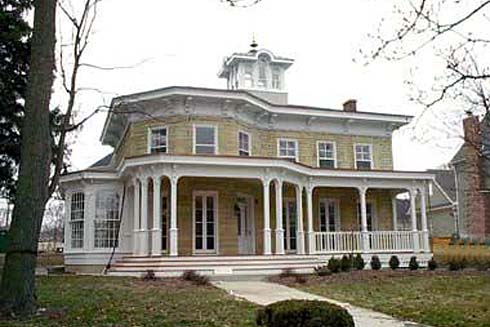HISTORICAL COST
Unveiling the Significance of Historical Cost in Real Estate
In the realm of real estate, the concept of historical cost holds substantial importance as it provides a valuable insight into the original cost of a property or project when it was first constructed. Understanding historical cost is essential for various real estate professionals, investors, and stakeholders as it serves as a foundational element in decision-making processes and financial assessments.
Unraveling Historical Cost
Historical cost, in the context of real estate, refers to the actual cost incurred during the construction or acquisition of a property at the time it was originally developed. This cost encompasses not only the initial purchase price but also expenses related to construction, improvement, and other directly attributable costs.
Importance in Financial Reporting
The historical cost of a property forms the basis for its accounting and financial reporting. It provides a reliable benchmark for assessing the property's value and depreciation over time, allowing for accurate representation of its original investment and subsequent changes in worth.
Relevance for Real Estate Professionals
Real estate professionals rely on historical cost for various purposes, each of which underscores its significance in the industry.
Property Valuation
When appraising a property, understanding its historical cost provides valuable context for evaluating its current market value and appreciation. This historical perspective serves as a reference point for determining the property's worth in the present day.
When appraising a property, understanding its historical cost provides valuable context for evaluating its current market value and appreciation. This historical perspective serves as a reference point for determining the property's worth in the present day.
Investment Analysis
For real estate investors and developers, historical cost serves as a fundamental input in assessing the financial viability of a project. It aids in calculating return on investment, evaluating potential capital appreciation, and making informed decisions regarding property development and acquisition.
Financial Decision Making
From mortgage lenders to property managers, stakeholders in real estate utilize historical cost to make informed financial decisions. It offers a benchmark for assessing the performance of real estate assets and plays a pivotal role in determining rental rates, property taxes, and insurance premiums.
Understanding Depreciation
Historical cost also influences the calculation of depreciation, which is a key consideration in real estate accounting and financial planning. By comparing the historical cost with the current value of a property, stakeholders can gauge its depreciation over time, enabling accurate financial reporting and investment strategies.
Conclusion
In the dynamic landscape of real estate, historical cost stands as a cornerstone that provides a historical perspective on the value and investment in a property. Its role in financial reporting, property valuation, investment analysis, and decision-making processes underscores its enduring relevance in the industry. By embracing the insights offered by historical cost, real estate professionals can make informed, strategic choices that harness the full potential of properties and projects, ensuring a solid foundation for success in the ever-evolving world of real estate.
MORE REAL ESTATE TERMS
A, B, C, D, E, F, G, H, I, J, K, L, M, N, O, P, Q, R, S, T, U, V, W, X, Y, Z
Featured New Home

Featured Mortgage Brokers
- TOP FLITE FINANCIAL INC, WATERFORD, MI
5663 HIGHLAND RD
WATERFORD, MI 48327 - ACADEMY MORTGAGE CORPORATION, CINCINNATI, OH
11590 CENTURY BLVD STE 112
CINCINNATI, OH 45246 - CASTLE & COOKE MORTGAGE LLC, GREENWOOD VILLAGE, CO
7400 E ORCHARD RD # 2900N
GREENWOOD VILLAGE, CO 80111 - PRIMELENDING A PLAINSCAPITAL COMPANY, HIBBING, MN
2900 E BELTLINE STE 5
HIBBING, MN 55746 - AMERICAN FINANCIAL NETWORK INC, MURRIETA, CA
24910 WASHINGTON AVE
MURRIETA, CA 92562